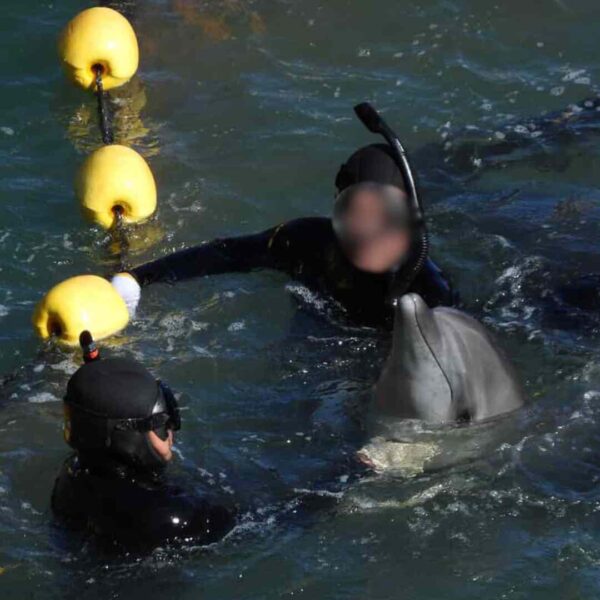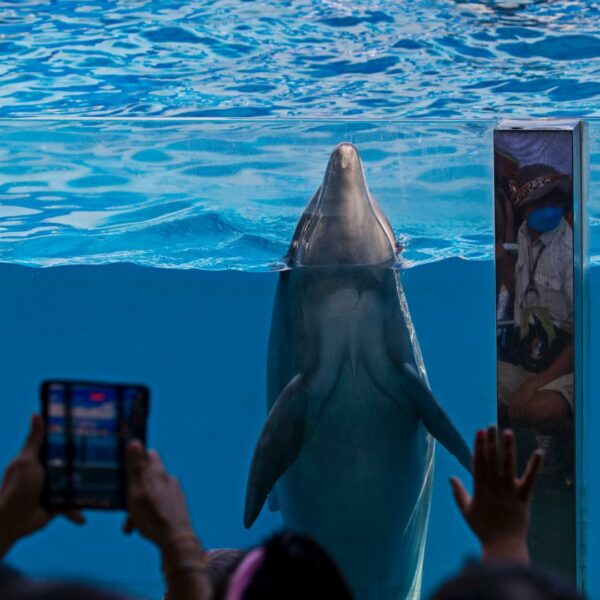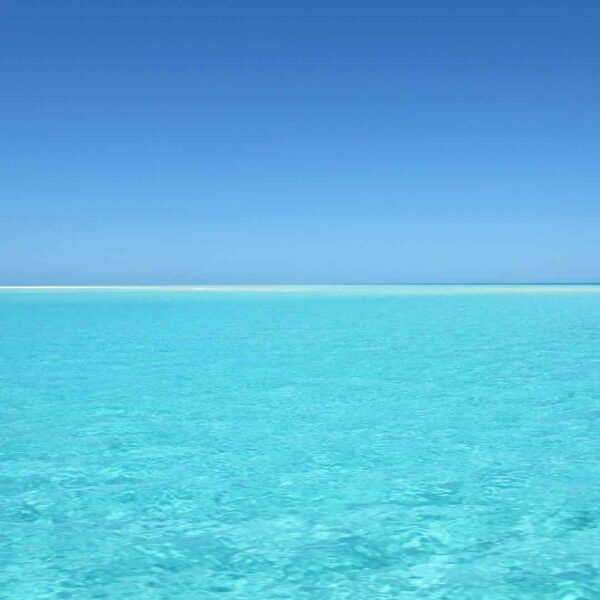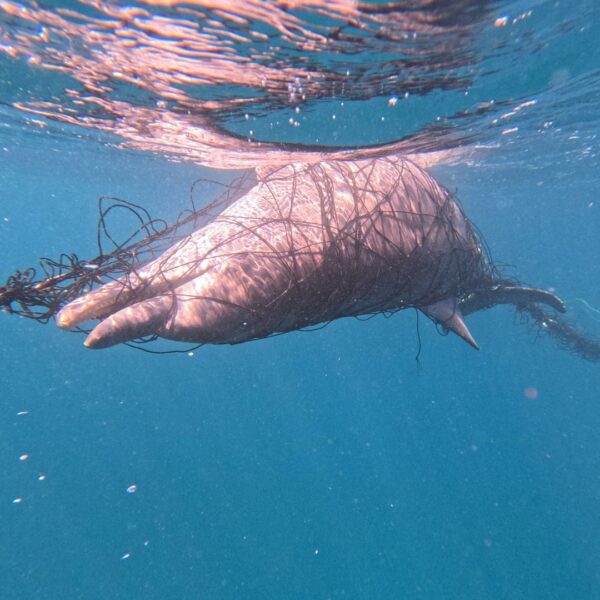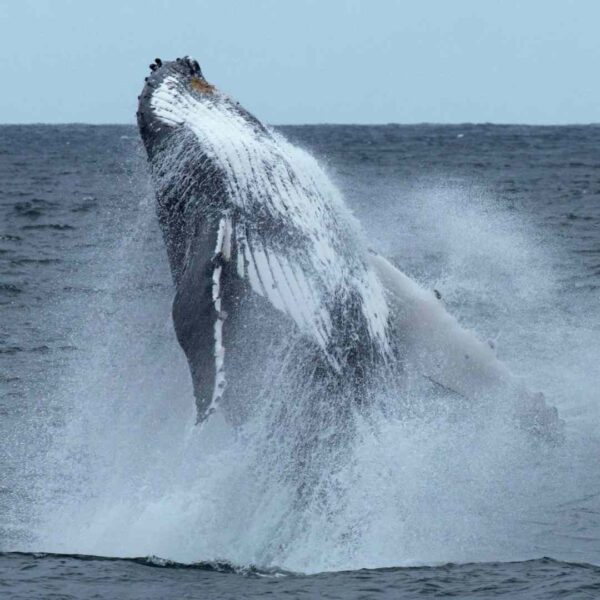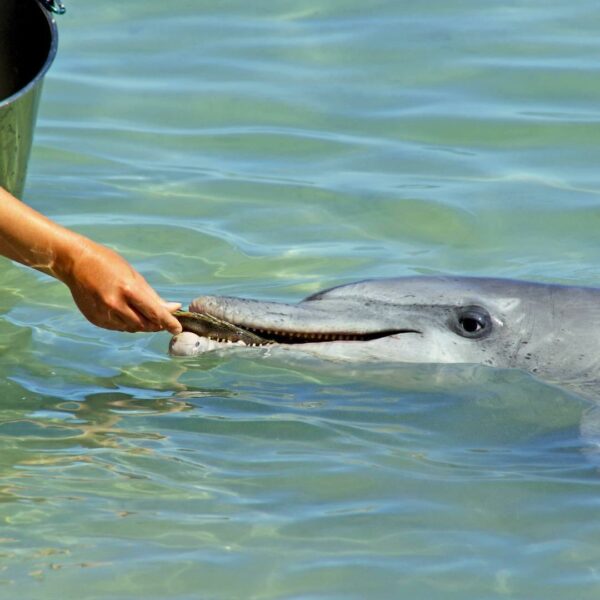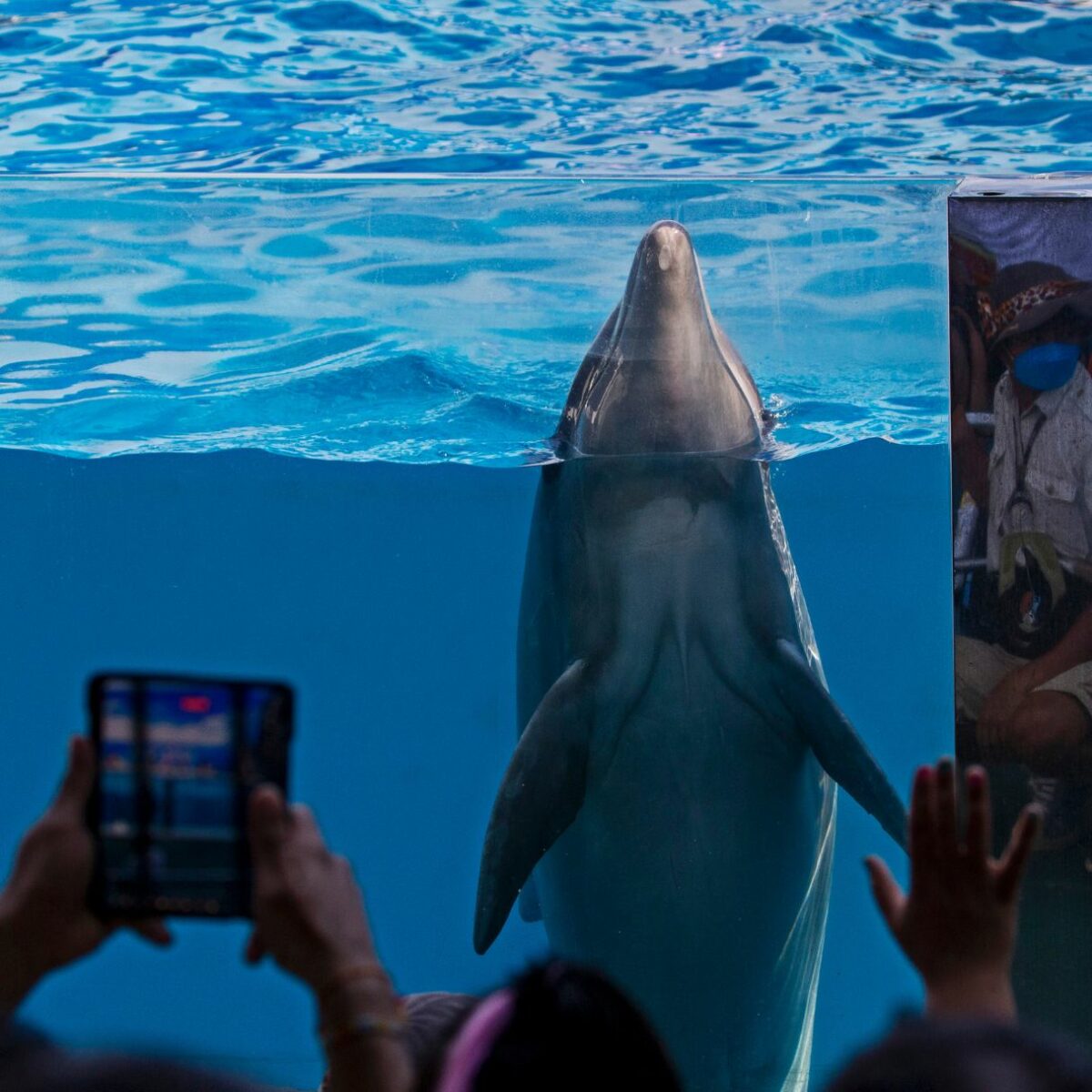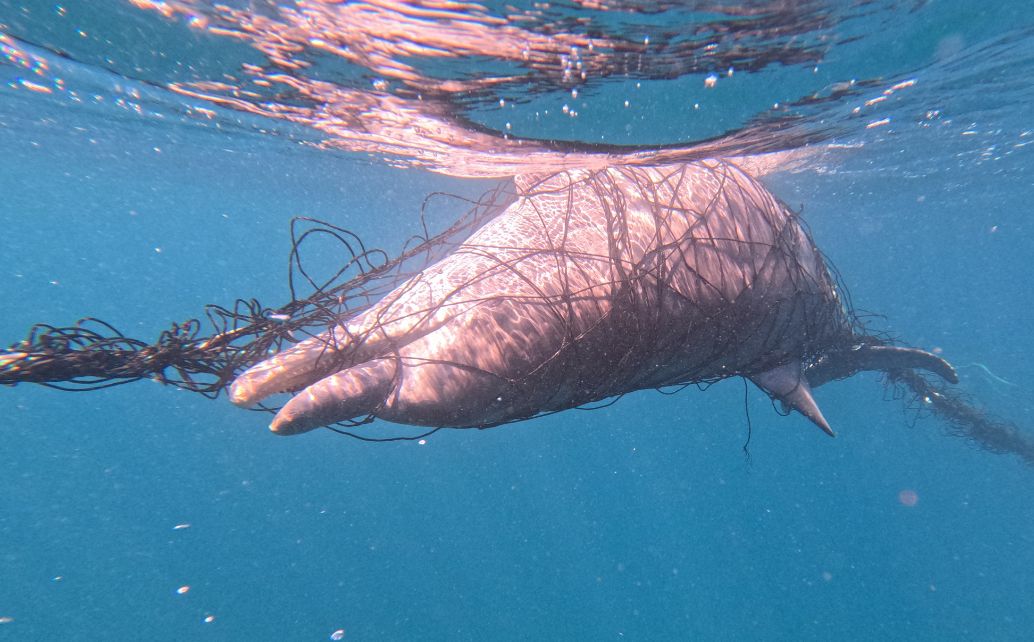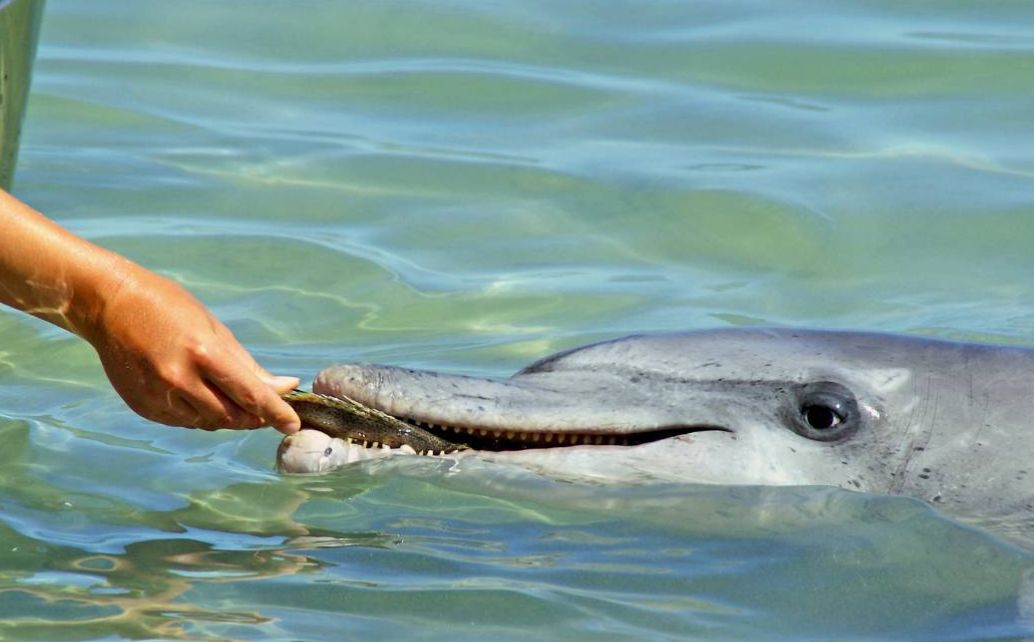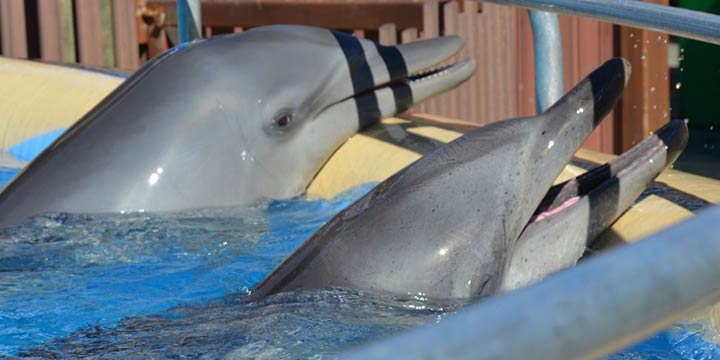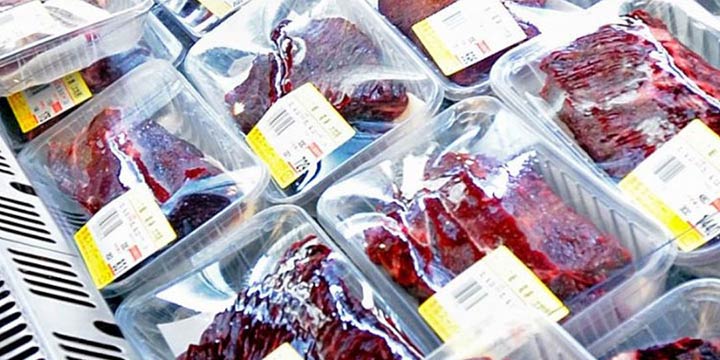We are fighting to end the dolphin hunt drives for good. Every year, fishermen herd hundreds of dolphins into a narrow cove in Taiji, Japan. Terrified, these dolphins are captured or killed. We’re targeting the two economic drivers – the sale of dolphins into captivity, and the slaughter of dolphins for food.
'Thank you from the bottom of my heart for what you do! I will gladly donate to a cause that is actually making a change!!'
Jodi B
‘They are doing great work and the highlight was to sue the hunters of Taiji in court.’
Leotien P
'The dedicated determination of the team to improve the education and therefore the concept people have of marine-life in general, and especially dolphins'
Maureen J
'Love love love this organisation. Great great team. 5/5 without a doubt. Thank you for all you do.'
Melody M
'Always dedicated to the right values and pursues with integrity and conviction. Thank you!'
Michele J
'Superb action against the awful cruelties humans inflict on Dolphins!'
Virginia S
